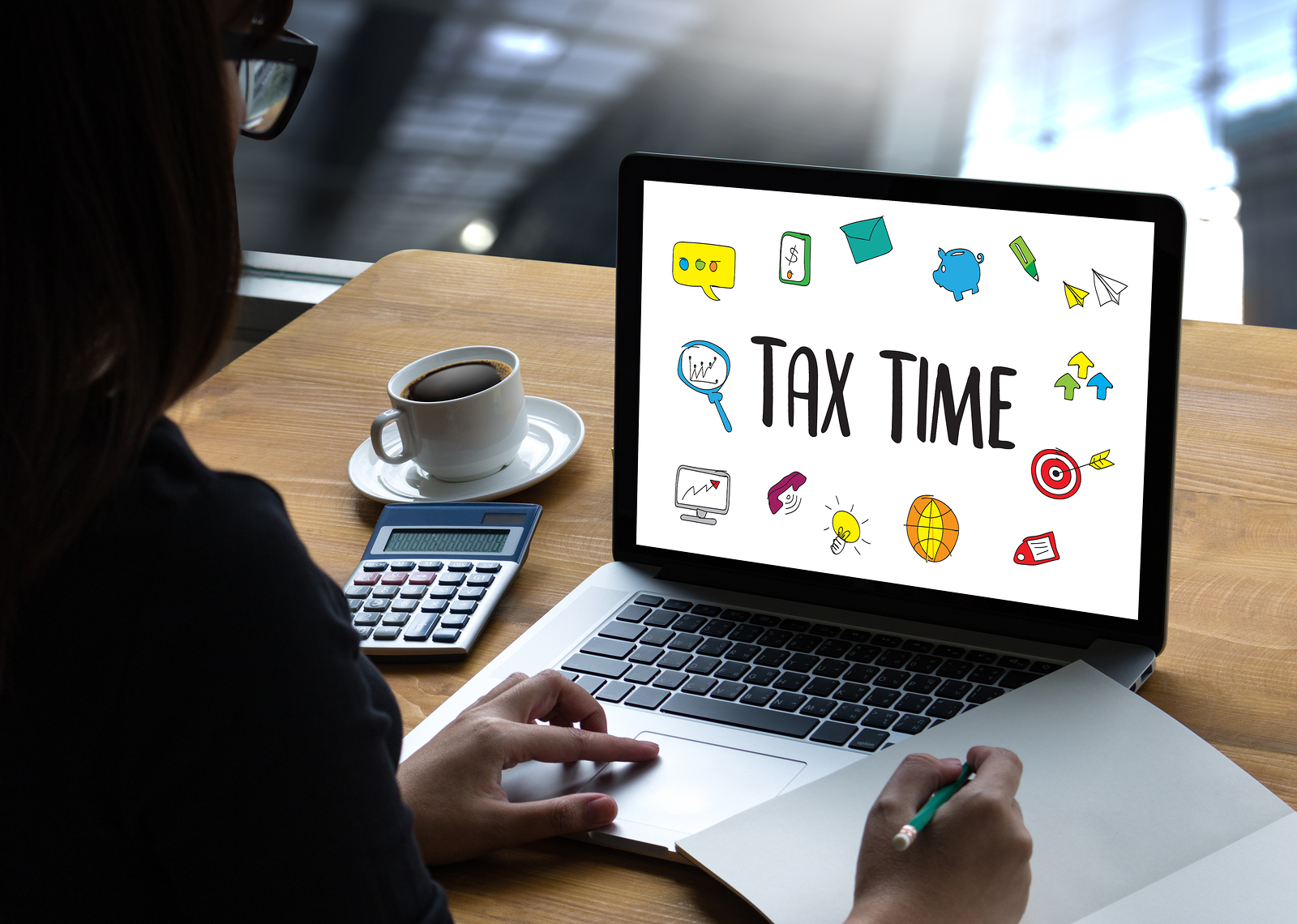Now we’re well and truly back into the swing of things after Christmas, it’s time to turn your attention to what your business is planning for the rest of the year. You may have big ideas and changes in mind which is great, but it also means that one of the most tedious tasks of the year is easily forgotten.
The Self Assessment deadline, it’s that time of year again that all companies big or small dread. It’s no one’s favourite thing to spend time on when you’d rather be making plans for the business.
However, it is essential that it’s done, on time and accurately to avoid any penalties or investigations that will start the year off on a downer.
Who needs to send a tax return?
There are many reasons why you might have to send a tax return. You will need to send a tax return if you are self-employed, earn more than £2,500 in untaxed income, have an income from savings or investment of more than £10,000, have income from dividends of more than £10,000, have sold shares or have income from abroad.
For a full list of people who need to send a return to see if it applies to you, you can take a look here.
File on time
Some people just forget. It happens. Unfortunately, for something as important as the tax return, there is a penalty to pay for late submissions which is currently £100 if it’s under three months late. The penalty can go up if it’s submitted any later than that.
You’ve still got a few weeks to get everything in order and the sooner you do it the sooner you can get back to focusing on the business.
How to submit
If you’re new to the business world and this is your first Self Assessment deadline, it might seem a little daunting. However, as long as you leave yourself enough time to get all the information ready, it’ll be a huge weight lifted. Make sure you’ve got all your financial records and details of expenses to hand when you start your submission. You can start your online submissions here.
Making Tax Digital
While the annual tax return might be a business nightmare, the Government’s initiative to shift from annual to quarterly tax returns means that businesses are going to have to get used to the process on a regular basis.
Making Tax Digital (MTD) will hit people in 2019, so now’s the time to make the process as streamlined as possible for your business so it’s not so much of a shock.
If you get used to managing your bookkeeping and invoicing online before the deadline, MTD will be less disruptive for your company. This could mean upgrading to cloud based accounting software like Pandle, which will make this transition a lot easier.









Leave a Reply